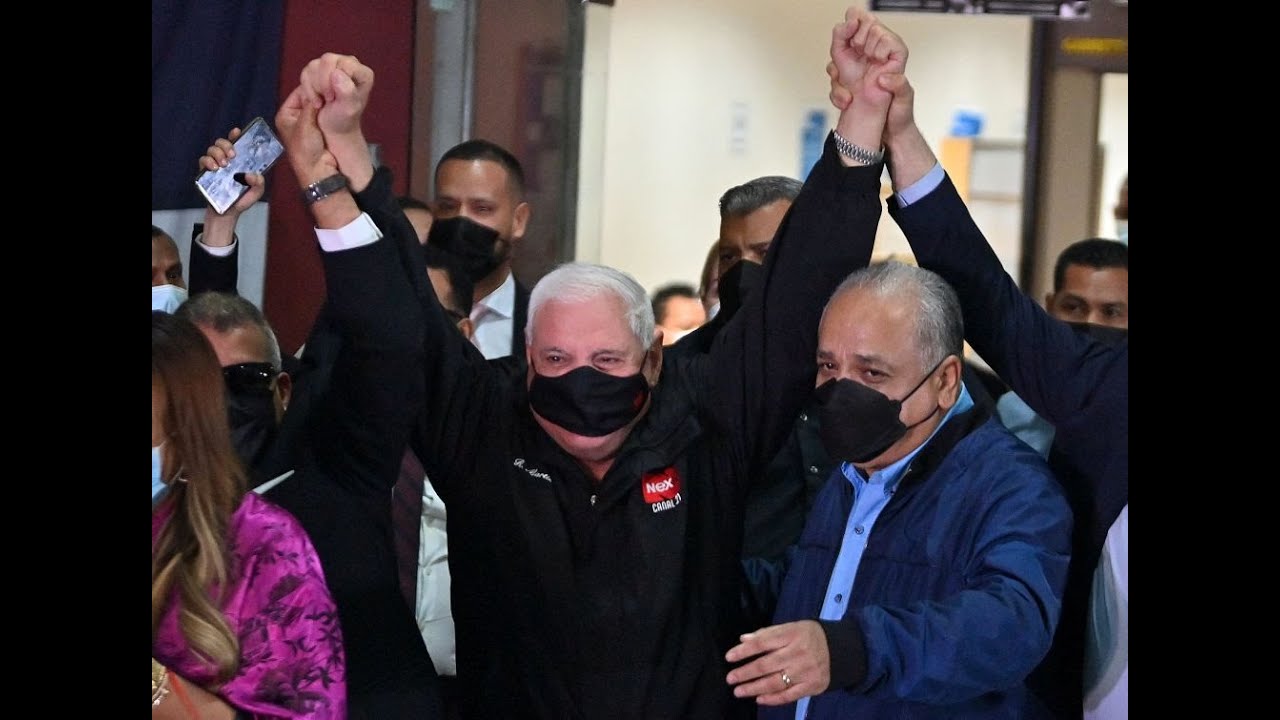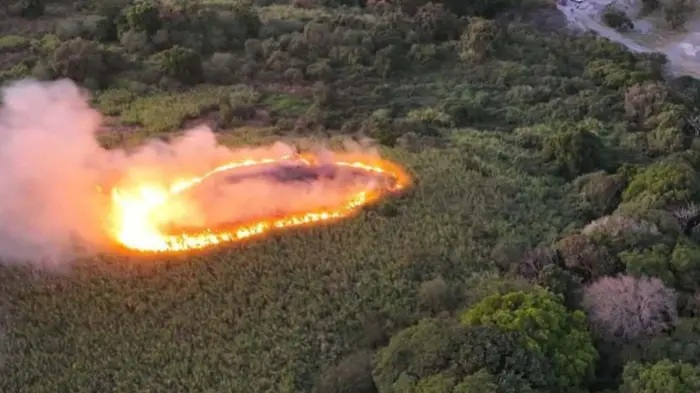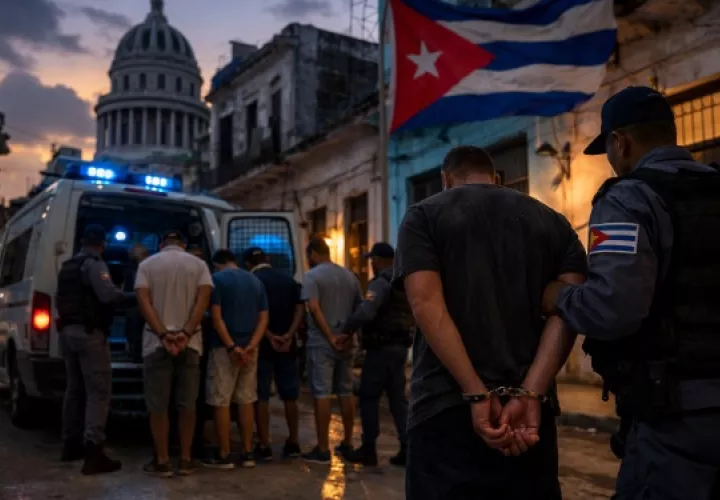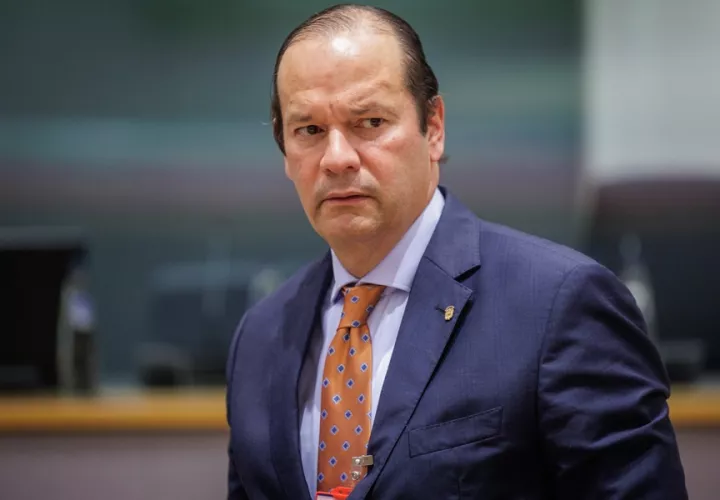US-Panama talks pose new threats to Martinelli

Former President Ricardo Martinelli already facing trial for alleged illegal wiretapping, could face prosecution in at least seven other cases if current negotiations with the US are finalized.
La Prensa reports that The governments of Panama and the United States are about to conclude an agreement whereby the granting of exceptions to the specialty principle governing extraditions would be formalized.
According to sources consulted both Washington and Panama, have been negotiating for months a mechanism that allows each State to request the other’s consent so that an extradited person, whoever it may be, can face new judicial processes.
Currently, between the two countries there is the Extradition of Offenders Treaty signed in 1904.
In conventions of this nature, the principle or rule of specialty governs, which establishes that an extradited person must face the judicial process for which he was extradited.
In the event of evidence of other criminal acts against individuals who have already been extradited, the State that requested the extradition should ask the other State for a waiver or exception to said principle in order to process it.
Although the extradition granted by the US to Panama of formeMartinelli in the wiretapping case is the most famous for Panamanians – this is not the only one to which these exceptions apply – the genesis of the agreement seems to be another says La Prensa.
According to the sources consulted, this means, the US has a particular interest in extradition requests that it makes to Panama, particularly those related to individuals linked to drug trafficking.
In some of these cases, evidence of the commission of other crimes has emerged once the suspects have been extradited and are in US territory. According to American prosecutors, these crimes would go unpunished if they did not have the authorization of Panama, to be able to impute new crimes to the suspects.
Based on the principle of reciprocity, Panama would have requested that the same rule be applied.
If so, new cases could be initiated against Martinelli for crimes other than those currently being judged.
To do so, in accordance with the agreement reached by both governments, the Public Prosecutor’s Office should file with the Department of State a request for waiver or exception to the specialty rule.
Martinelli was extradited by the United States on June 11, 2018, after being detained for almost a year in Miami. The Judiciary requested his extradition to face accusations of violations of the privacy of at least 150 people, including politicians journalists, businessmen, and trade unionists.
On December 7, 2018, the plenary session of the Court moved the wiretapping case, to the ordinary sphere after considering that it lost jurisdiction when Martinelli resigned as deputy of the Central American Parliament (Parlacen).
In addition to this case, the Supreme Court admitted, between 2015 and 2017, at least seven other criminal proceedings against Martinelli. including . the overreaching of functions and crimes against public administration.
The admitted cases are for the dehydrated food contract for public schools; that of the purchase of grain through the extinct National Aid Program and the irregular collection of taxes in which a witness described taking suitcases packed with cash to Martinelli in the presidential palace.
In addition, the case related to alleged irregularities in transactions at the defunct brokerage Financial Pacific was admitted; another of n a loan granted by the Savings Bank for the construction of the convention center in Amador, and another for alleged extortion of the company Impregilio for the construction of a hospital in Veraguas.
In this last process, on February 15, 2018, the fiscal magistrate Luis Ramón Fábrega ordered the provisional filing.
In November of 2017, the process related to the purchase of grains through the PAN was filed by the Court.





